This paper shows that the Government of Ghana has an opportunity, despite the COVID-19 pandemic, to implement a green recovery through its economic revitalization programme.
The research presented in this study is aimed to identify best practices on adopting, implementing and enforcing energy efficiency standards and energy efficiency technologies for the building sector in the UNECE region.
This project aims to introduce an effective management programme for end-of-life tires in the Pacific nation of Palau.
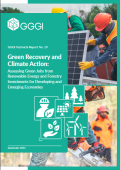
This case study is about assessing the employment benefits of implementing Nationally Determined Contributions in GGGI Member developing and emerging economies.
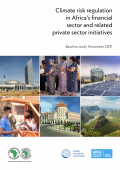
This report highlights the state of climate risk regulation in Africa’s financial sector and presents an analysis of the financial stability architecture and climate risk initiatives in 12 countries.
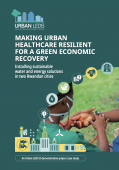
This case study evaluates Rwanda's implementation of Urban Low Emissions Development Strategies (Urban-LEDS II), a global initiative that strengthens climate resilience through low emissions.
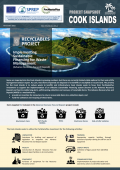
The Advance Recovery Fee and Deposit project aims to create an enabling environment to help improve the collection, management and recycling of waste entering the Cook Islands,
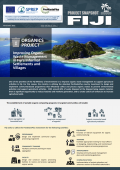
This project aims to educate local communities in Fiji on waste segregation, divert organic waste from dumpsites and process organic waste to support agricultural activities.
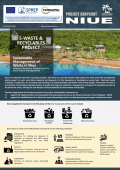
Niue looks to introduce a financially sustainable system to enable the long-term collection, management, and export of recyclable and end-of life electronic items.
This case study demonstrates the difficulties of providing water utility services to low-income communities in Dhaka, Bangladesh, and potential policy solutions for providing clean, safe drinking water to slum residents.
